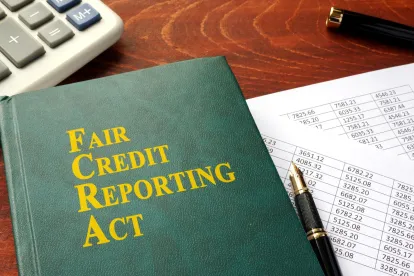This week, the district court for the Middle District of Pennsylvania provided us with a simple (and helpful) reminder regarding 15 U.S.C. § 1681s-2 claims: All § 1681s-2(b) claims must be initiated by alerting a credit reporting agency of a dispute of erroneous information reported. Consumers cannot maintain a claim under 15 U.S.C. § 1681s-2(b) based on disputes filed directly with his or her credit card company.
In Daniels v. Capital One, the plaintiff sued Capital One and alleged violations of the Fair Credit Billing Act, the Fair Credit Reporting Act, and the Pennsylvania Fair Debt Collection Practices Act. Specifically, the plaintiff alleged that Capital One failed to provide information as to why it is holding him responsible for charges on his credit card account. Capital One also restricted his access to and ultimately closed his account, allegedly without investigating purportedly fraudulent charges on his account. Capital One removed the case to federal court in the Middle District of Pennsylvania.
The district court concluded that Daniels failed to allege that he alerted a credit reporting agency of a disputed charge of incorrect information it reported. The Complaint merely stated that the plaintiff communicated with Capital One. But the Court observed Capital One is a furnisher of credit information, not a credit reporting agency. Based on Daniels’ allegations, Capital One had no duty to act under the FCRA, and therefore Daniels did not state a claim against Capital One pursuant to the statute. Simply alleging that a consumer filed a dispute with his credit card company is not sufficient to state a claim under 15 U.S.C. § 1681s-2(b).
To state a claim under 1681s-2(b), a consumer must:
-
Alert the credit reporting agency (or “CRA”) of a dispute regarding the allegedly erroneous information that it reported.
-
Allege that the CRA alerted the furnisher of the credit information of the dispute, which triggers the furnisher’s duty to investigate.
-
Allege facts which show the furnisher failed to undertake a reasonable investigation of the disputed credit information.
Anything less, and a furnisher will probably have a strong argument on a motion to dismiss.



 />i
/>i
